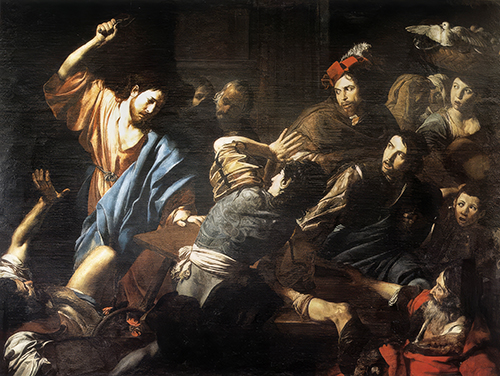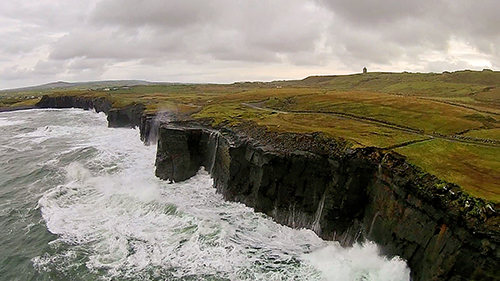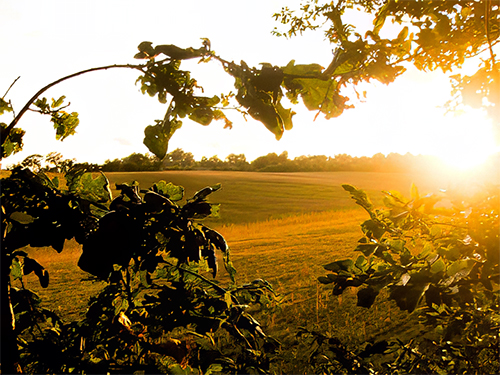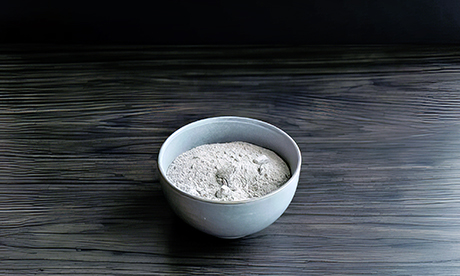“Although not a major sport globally, rugby had established itself not only as New Zealand’s number one sport but as a vital component in this country’s national identity.”
With this paragraph, a New Zealand history magazine entry records the events of the 1981 Springbok Rugby Team tour to New Zealand.
For some 56 days through the months of July, August and September 1981, New Zealanders were divided against each other in the largest civil disturbance seen since the 1951 waterfront dispute.
You were either pro-tour or anti-tour; households were divided, as were religious communities and social groupings such as golf clubs, bridge clubs, and most probably parish pastoral councils!
As you are reading this, memories and images may be stirred.

The pitch invasion at Rugby Park, Hamilton, on July 25th 1981, was just the flashpoint of a series of dramatic tour-related incidents.
Names such as John Minto, Cez Blazey, and Ron Don became regular parts of conversations in both the home and public gathering places.
The HART protest group was very visible and verbal.
The group had for many years protested the apartheid system of Government in use in South Africa. (Apartheid is a policy that is founded on the idea of separating people based on racial or ethnic criteria.)
The police presence grew during the tour, including two riot squads, Red and Blue. Kitted out in visored helmets and carrying PR24s or long batons, they became an enduring tour symbol.
Whichever side an individual chose to support, they were adamant they were right, and that stubborn assuredness brought with it an energy for action for many previously unknown.
Relationships were stretched; many friendships were irreparably harmed, and individual New Zealand citizens physically fought with one another.

Today’s Gospel (John 2: 13 – 25), has the rather polite heading, “ Jesus Cleanses the Temple”.
One might mistakenly imagine that he has a mop and bucket of water.
From having read the story before, we know it was anything but a mop and bucket of water!
He was mad!
To revisit those 56 days in 1981 affords us the opportunity to engage with the energy of Jesus at this moment in his life!
The similarity of both images took me.



